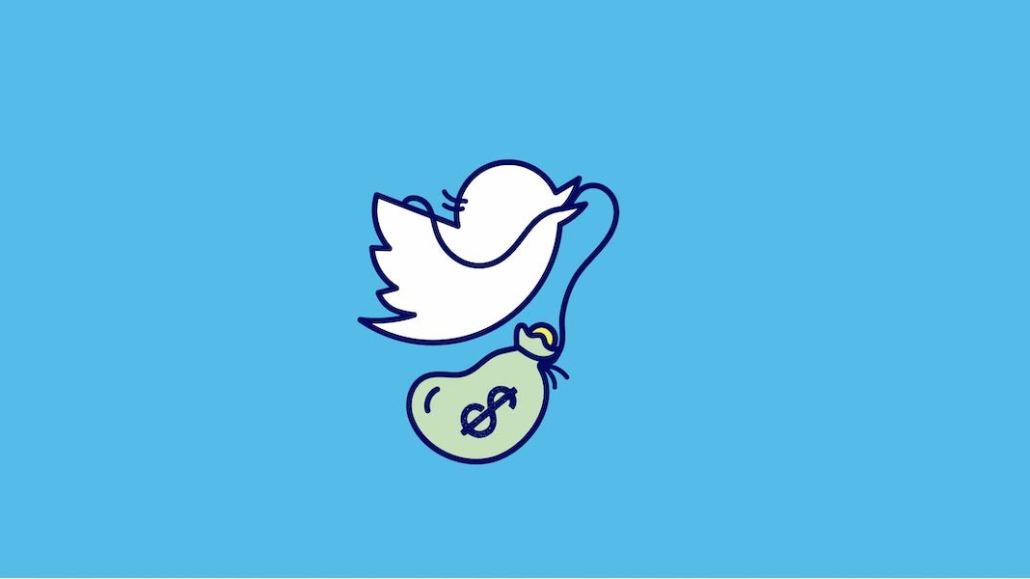Secure your place at the Digiday Media Buying Summit in Nashville, March 2-4

Twitter is slowly assembling a media ecosystem for media elites where very little media appears to be for sale.
Twitter today announced it had acquired Scroll, the long-gestating subscription service that offers an ad-free browsing experience across a network of hundreds of blue chip publishers, including Vox Media, Insider and The Atlantic.
The key details:
- Twitter plans to fold Scroll’s core feature — an ad-free, fast experience on web pages — into Twitter
- Twitter is pulling Scroll off the market, temporarily — the latter service will stop adding new customers and will revert back to a private beta. Twitter is also shutting down Nuzzel, a kind of curation element Scroll acquired
- Twitter sees the experience as part of a growing list of features that will be offered as part of a subscription, price TBD (Scroll cost $4.99 per month)
- Terms of the deal were not disclosed; Scroll had raised a total of $10 million in venture capital, according to Crunchbase
A ‘high bar’ to clear
Twitter has been signaling its plans to develop a subscription product — sometimes unintentionally — for over a year. Going back to 2020, ideas that were thrown around included paid access to TweetDeck, or the ability to edit tweets.
Those ideas were met with skepticism, both on Twitter and off. “We have a really high bar for when we would ask consumers to pay for aspects of Twitter,” Twitter CFO Ned Segal told analysts last summer.
What’s emerged over the past few months looks more like infrastructure for an entirely separate content experience on Twitter’s platform. In January, Twitter announced it had acquired newsletter publishing platform Revue, saying it would explore ways to tie newsletters and Twitter more tightly together for creators.
Earlier this week, Twitter announced that the hosts of Spaces, Twitter’s Clubhouse knockoff live audio feature, would be able to charge for admission to live conversations.
Tuesday’s announcement adds to this momentum, offering the prospect of a kind of premium content flywheel: a experience of web content, on and off Twitter, leads to Twitter subscribers spending more time consuming quality content, which in turn leads to them sharing more of said content on Twitter, and discussing it using a broadening set of features, some of which might also be exclusive to subscribers.
Or, as Scroll founder Tony Haile put it in a blog post, “a great gathering of people who love the news and pay to sustainably support it.”
Two different internets?
Tantalizing as this might sound to well-heeled media junkies, it could trigger alarms elsewhere. As interest in subscription revenue has taken off, filtering down to individual Substacks and even co-ops, a chorus of people has warned that this stratification of media — premium information for those who can pay, clickbait for those who cannot — augurs badly not just for media, but for society in general.
That might be a bit of an over-simplification, but this acquisition could put have a powerful effect on the bottom lines of many publishers. Twitter announced today that it would help grow the number of publishers participating in Scroll, right at a moment when many of them are preparing for a significant disruption to their ad businesses with the pending exit of the third-party cookie.
Even without that disruption, Scroll had some good selling points — a source at one publisher using Scroll told Digiday last week that, on a per-user basis, revenue from Scroll is “multiples” higher than the revenue generated by advertising.
More in Media

WTF is a creator capital market?
What is a creator capital market, what does it mean for creators looking to diversify revenue, and why is it so closely tied to crypto?

Media Briefing: Publishers explore selling AI visibility know-how to brands
Publishers are seeing an opportunity to sell their AI citation playbooks as a product to brand clients, to monetize their GEO insights.

Creators eye Snapchat as a reliable income alternative to TikTok and YouTube
Figuring out the Snapchat formula has been very lucrative for creators looking for more consistent revenue on a less-saturated platform.








